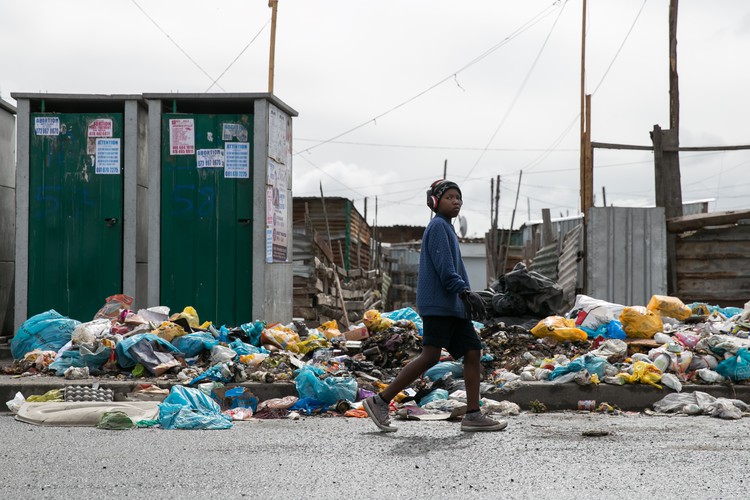Dead dogs, dirty nappies, old food: rubbish piles up in Marikana
City says land is private and it therefore cannot provide a refuse service
Trash has been piling up for years in Marikana informal settlement in Philippi, but the City of Cape Town says rubbish collection services cannot be provided.
When GroundUp visited the settlement on Tuesday, children were playing near the rubbish strewn on the paths between the shacks. In some places rubbish was piled up in informal dump sites, with disposable nappies, used sanitary towels, old food, dead chickens, shoes, clothes, and even a dead dog.
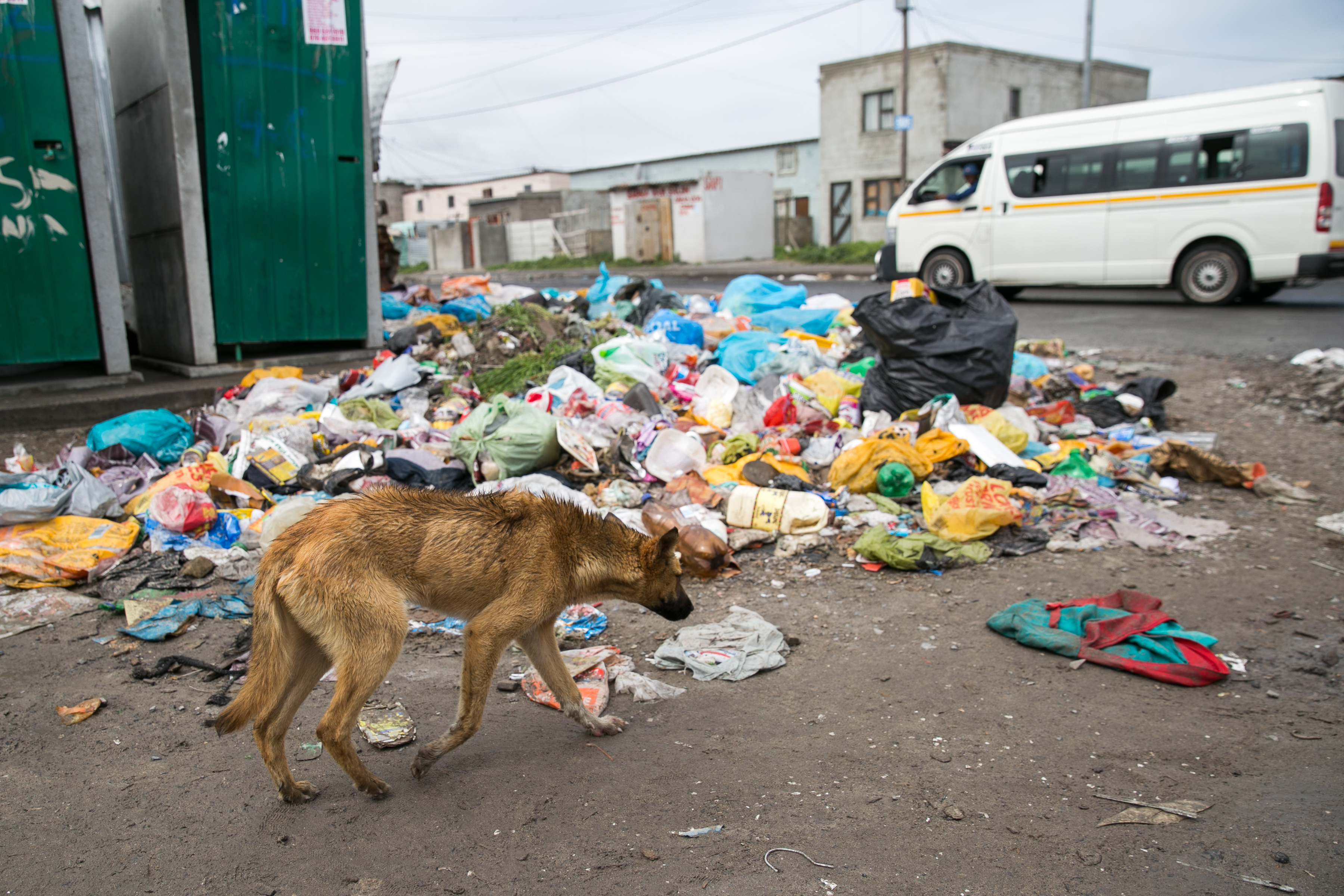
Resident Nokuphiwa Kuma, said she and others had sent several letters and made many phone calls to the City of Cape Town about the rubbish but nothing had been done. “I am tired of calling for help but not getting it,” Kuma said. She said she would no longer try to contact the City “because they clearly don’t care about the people and more importantly the children here.”
“We just have to save ourselves”, said Kuma.
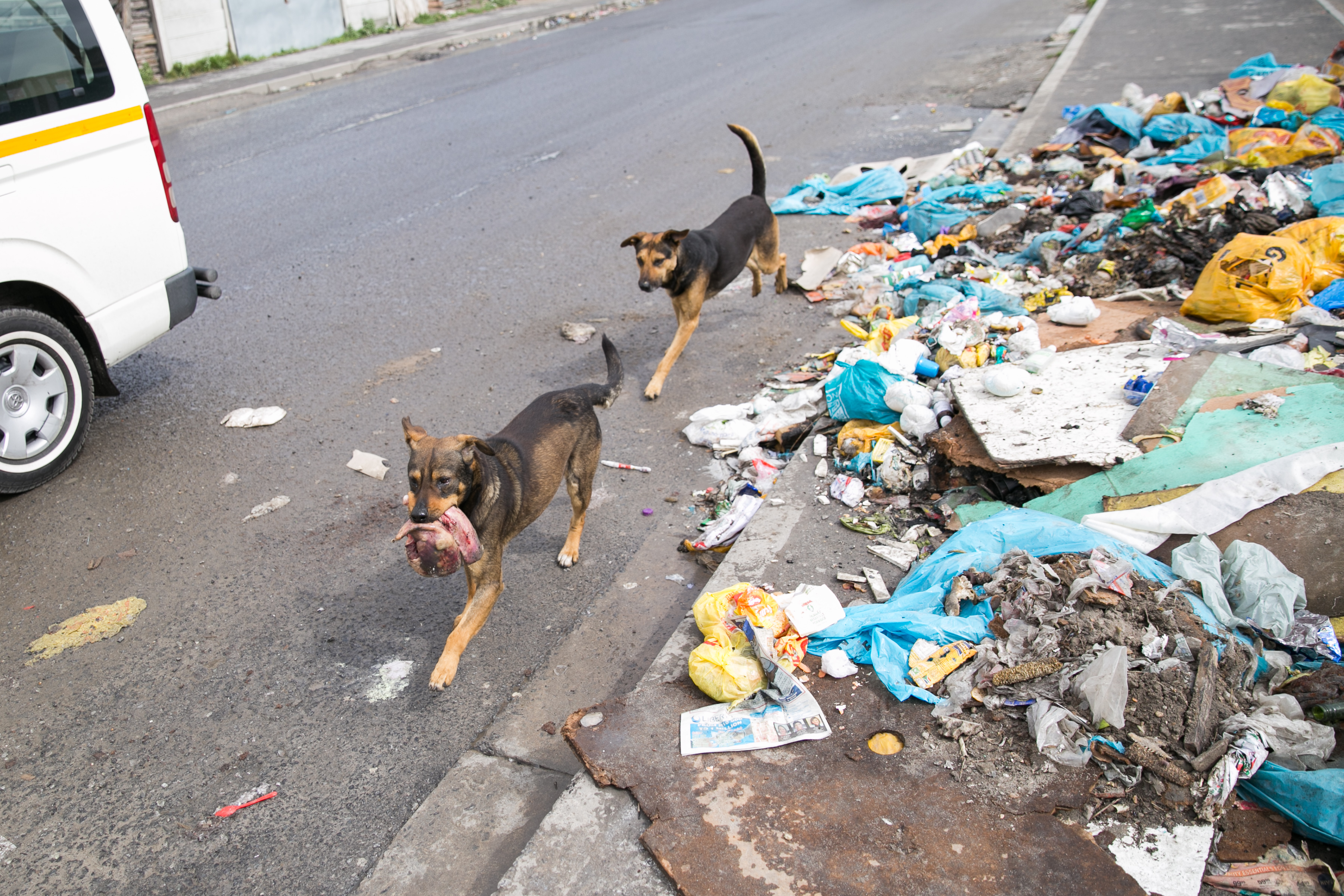
Mayoral Committee Member for Informal Settlements, Water and Waste Services and Energy, Xanthea Limberg, confirmed that rubbish collection services were not being provided.
“The City has historically been unable to provide refuse collection/cleansing services on this land as it is situated on privately owned land and was subject to a court case. Ad hoc removal of dumped material at the edges of the settlement, where accessible, has been taking place since the settlement formed. Due process in terms of legal proceedings must be followed before basic services can be provided,” she said.
“Should residents want to initiate another community-led clean-up of the area, the City will be able to provide bags and dispose of the refuse once they have collected it”.
In May the City cleared the informal dumps after residents and the Social Justice Coalition cleaned up the area.
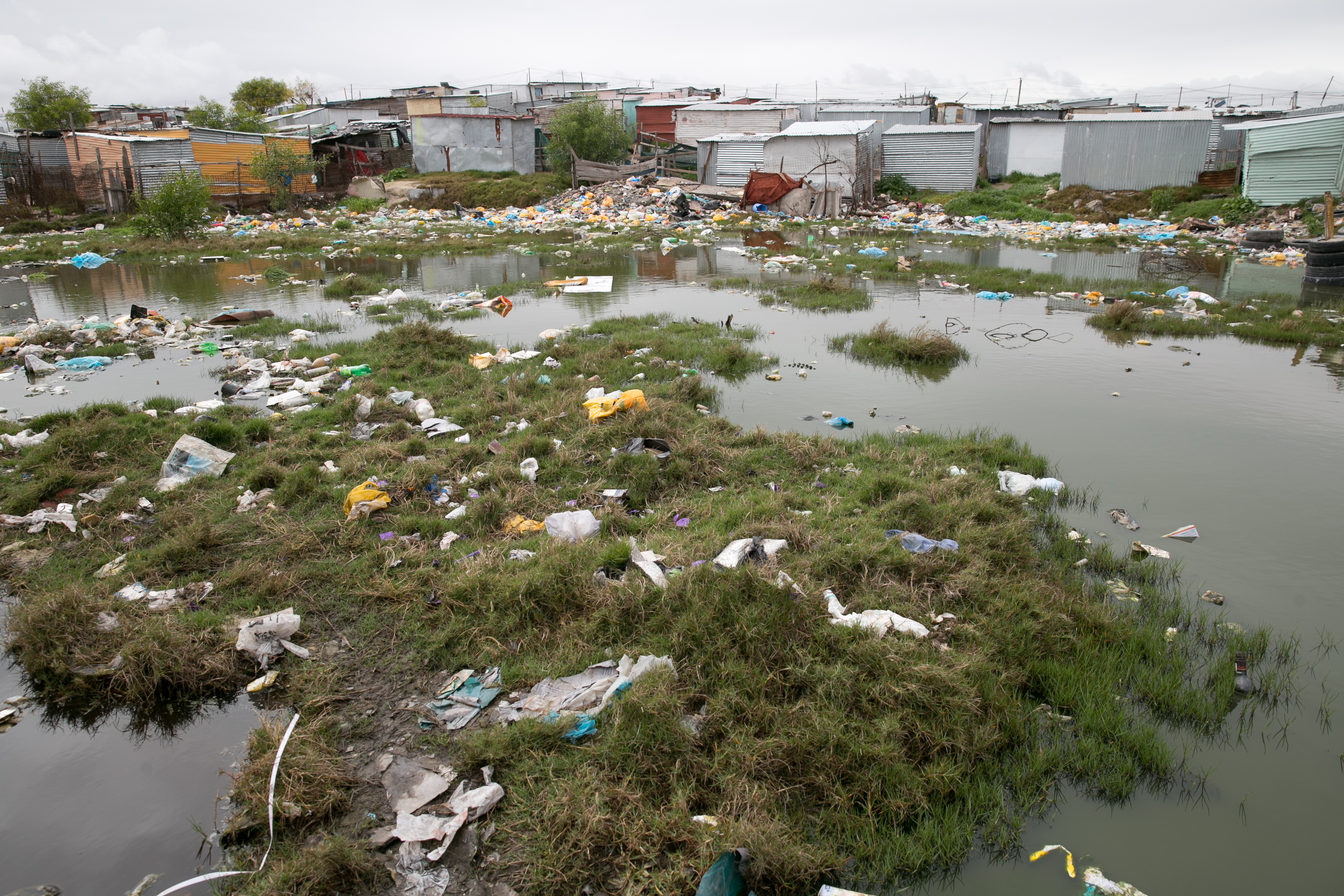
In a landmark judgment last week, the Western Cape High Court ordered the City to negotiate with the owners of the land on which the informal settlement is located with a view to purchase.
Meanwhile residents in the community are afraid for their health from constantly being exposed to debris and foul smells from the dump sites.
Twenty-eight-year-old Ziyenda Daniso, said she worried about the health of her two-year-old, Onele, whom she has found eating the rubbish.
Resident Bonyiwe Khedomo said children played in the rubbish because there were no clean places for them to play. With rubbish right outside the shacks there was no way to keep children away from it except by keeping them indoors all the time, she said. “Sometimes before we notice, our children have already got into the rubbish eating it. We don’t know until our children fall sick and friends tell us what happened.”
Khedomo also said that if the City could supply bags or containers for residents’ rubbish, diseases and infections would not spread.
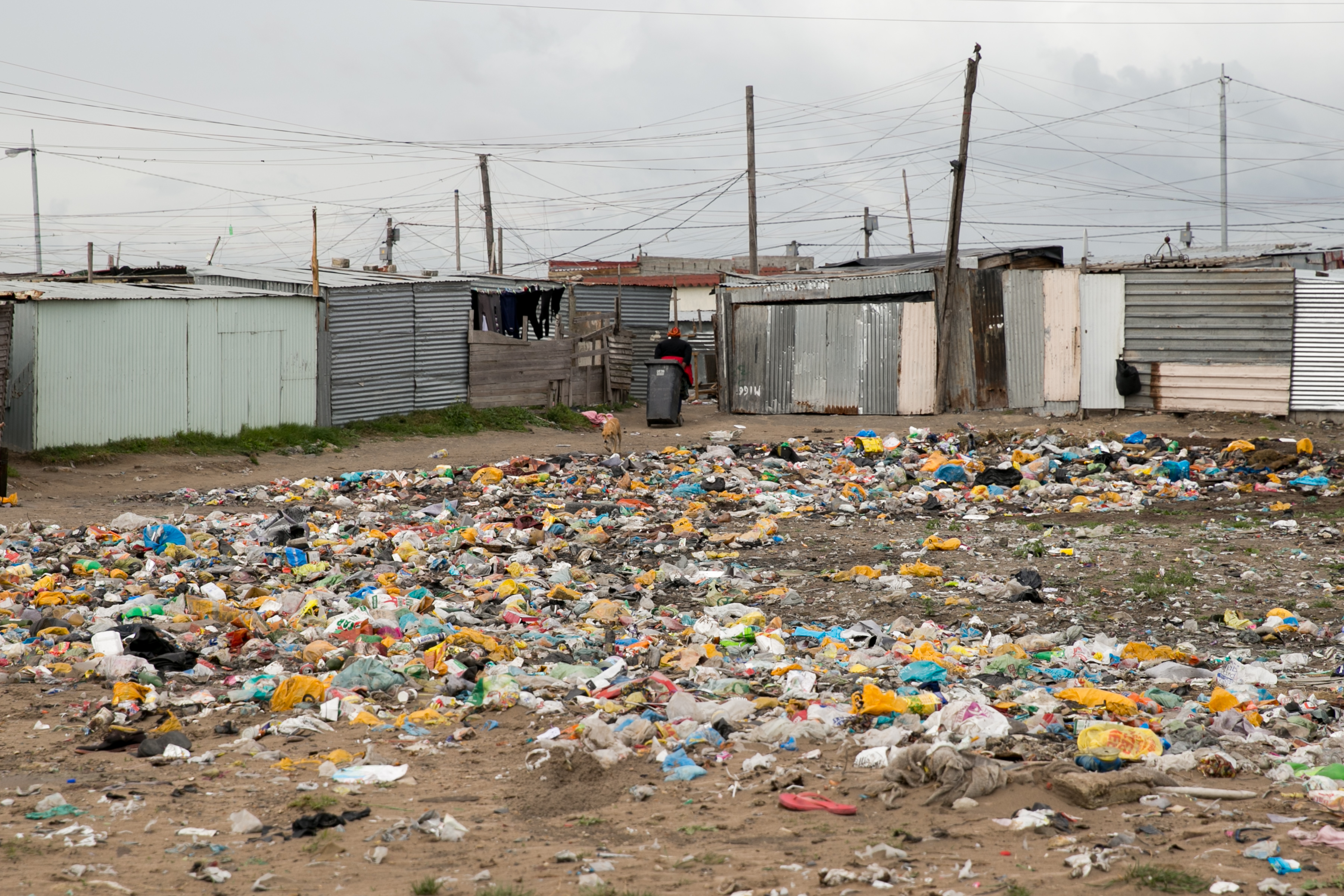
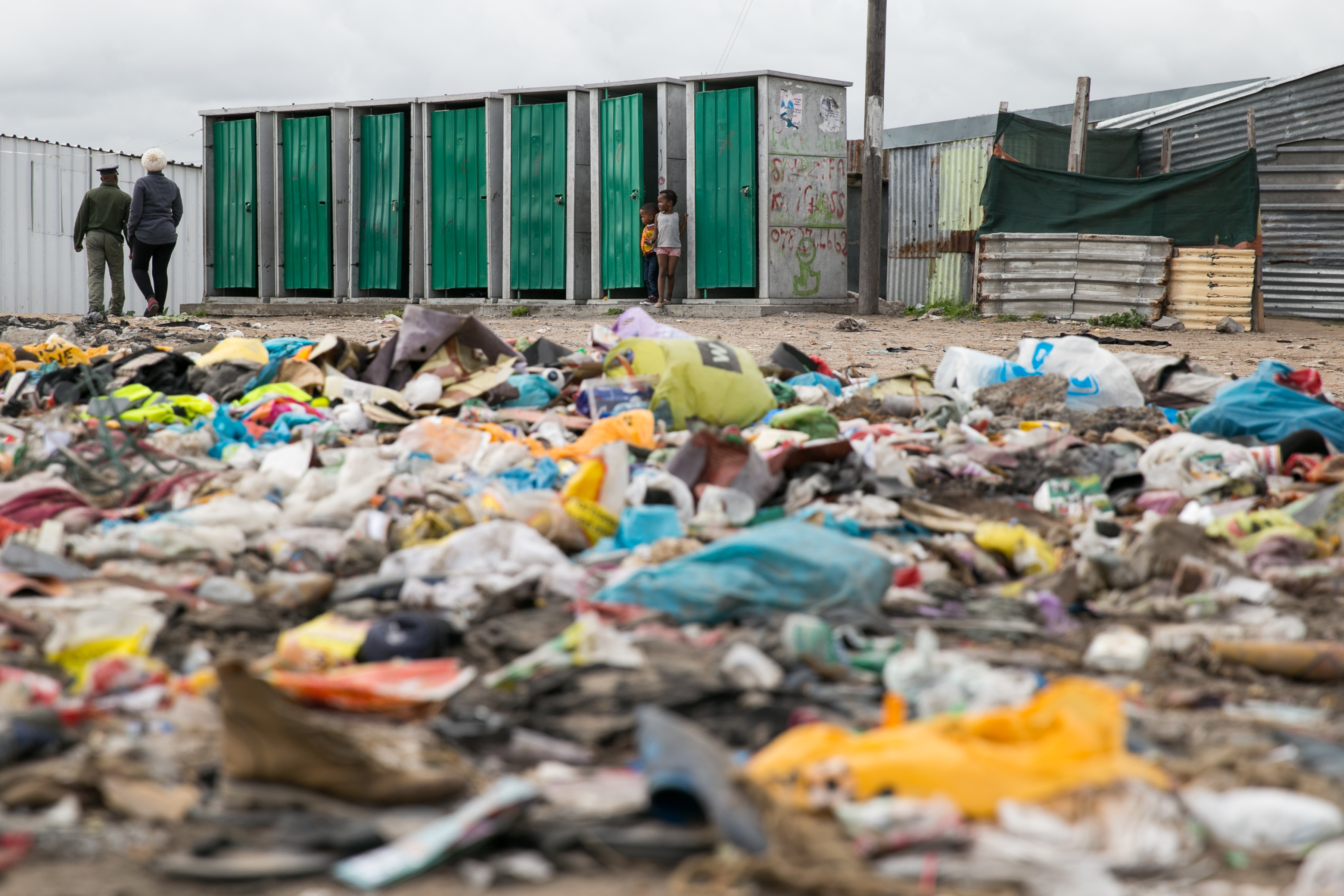
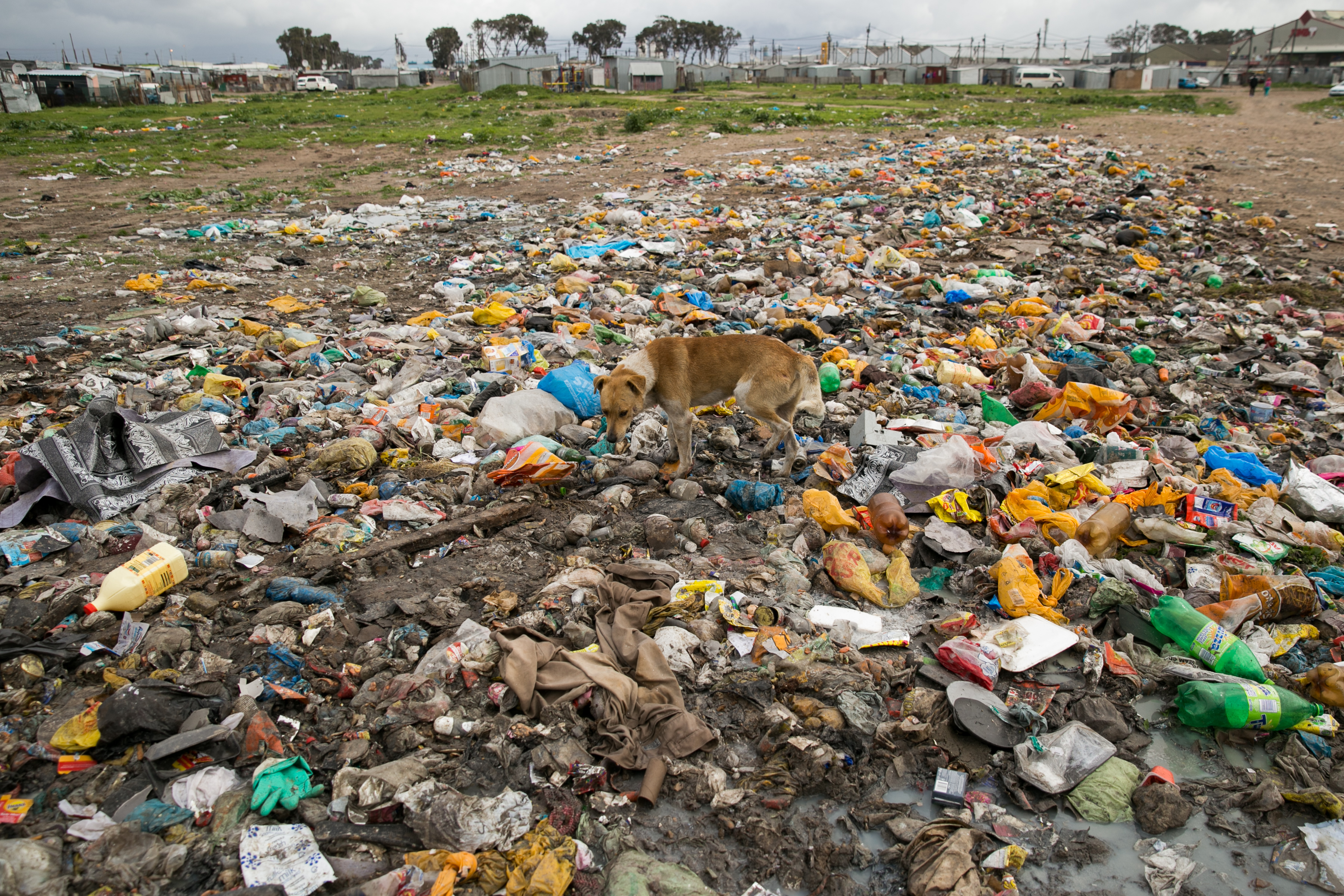
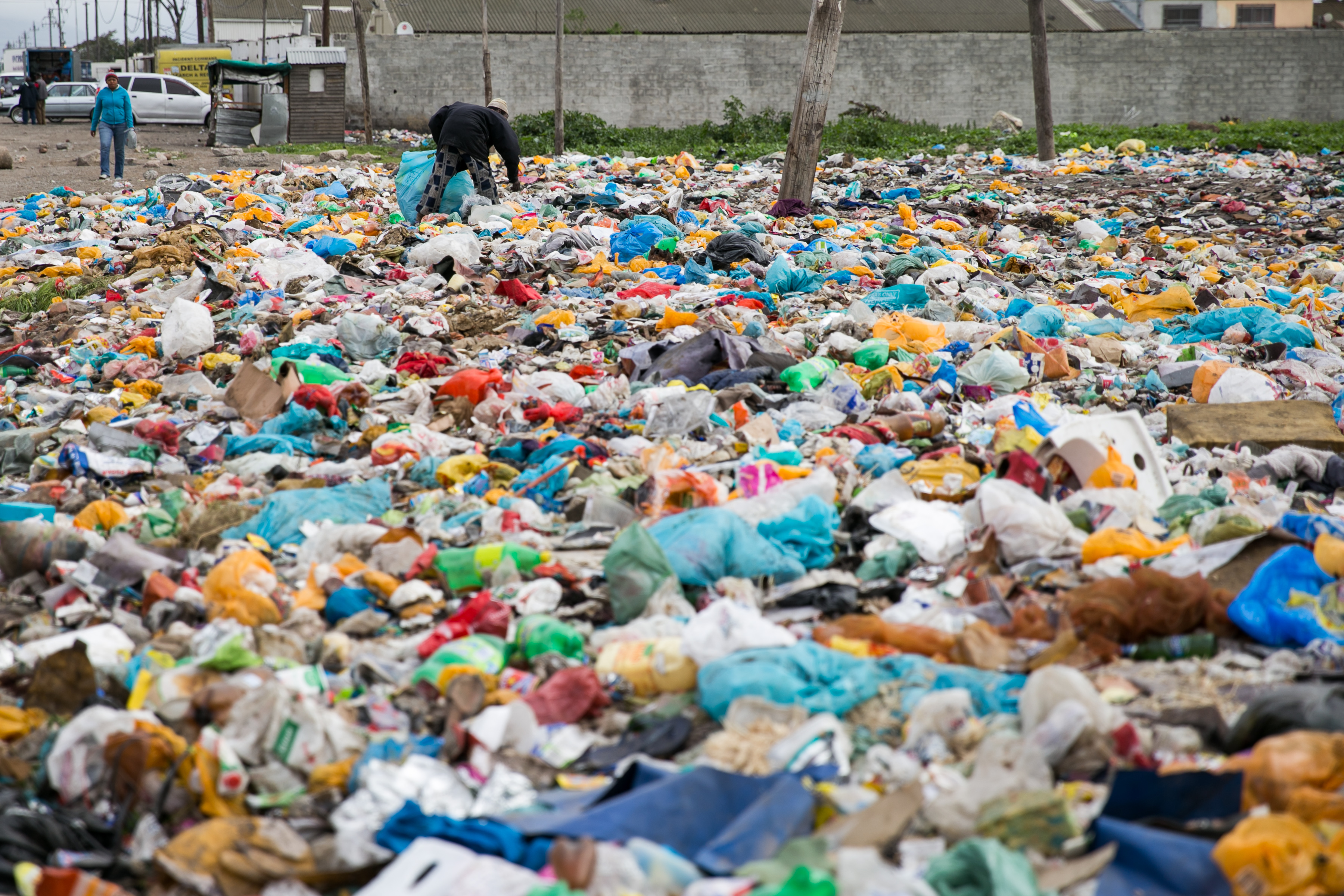
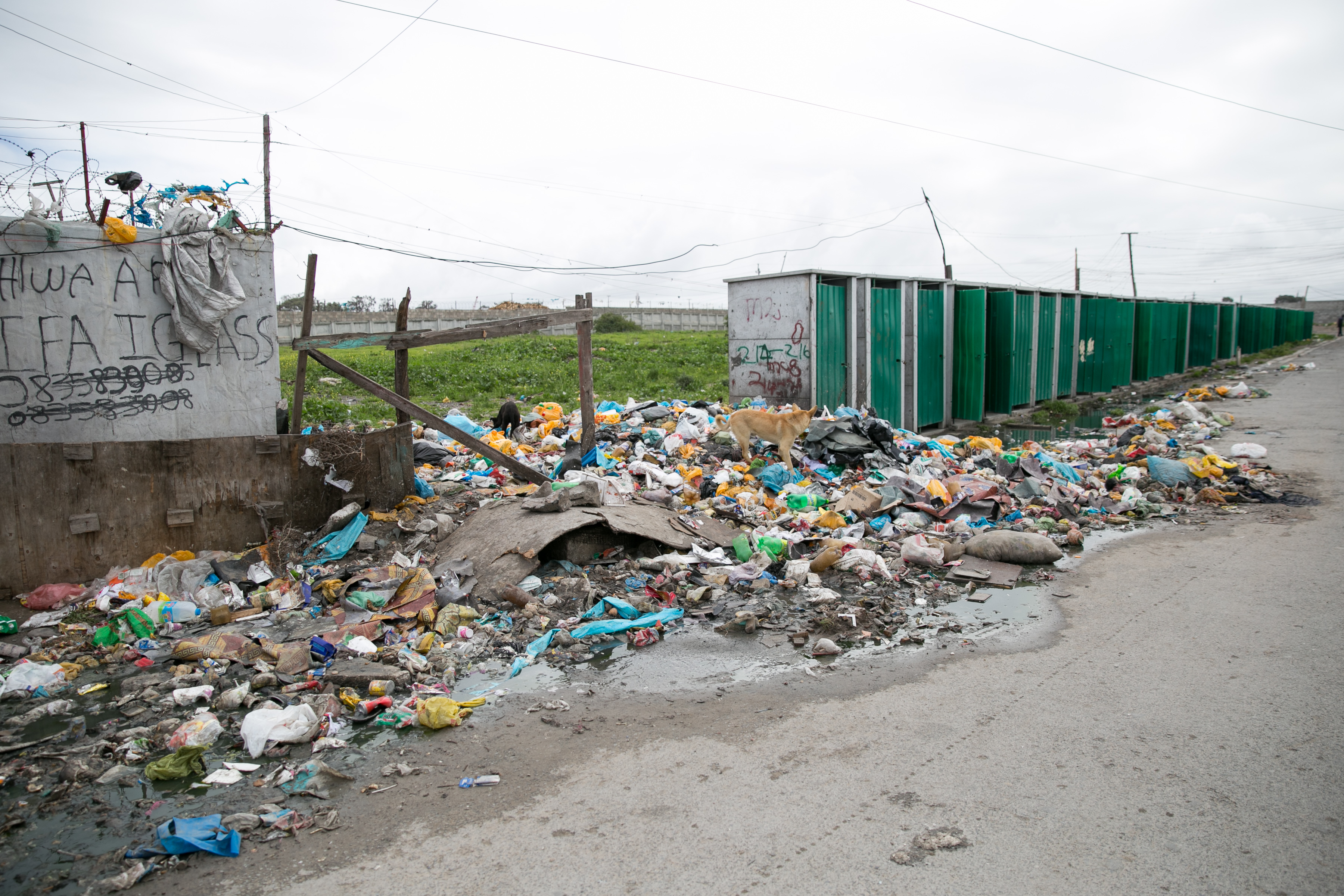
Support independent journalism
Donate using Payfast

Don't miss out on the latest news
We respect your privacy, and promise we won't spam you.
© 2017 GroundUp. 
This article is licensed under a Creative Commons Attribution-NoDerivatives 4.0 International License.
You may republish this article, so long as you credit the authors and GroundUp, and do not change the text. Please include a link back to the original article.

